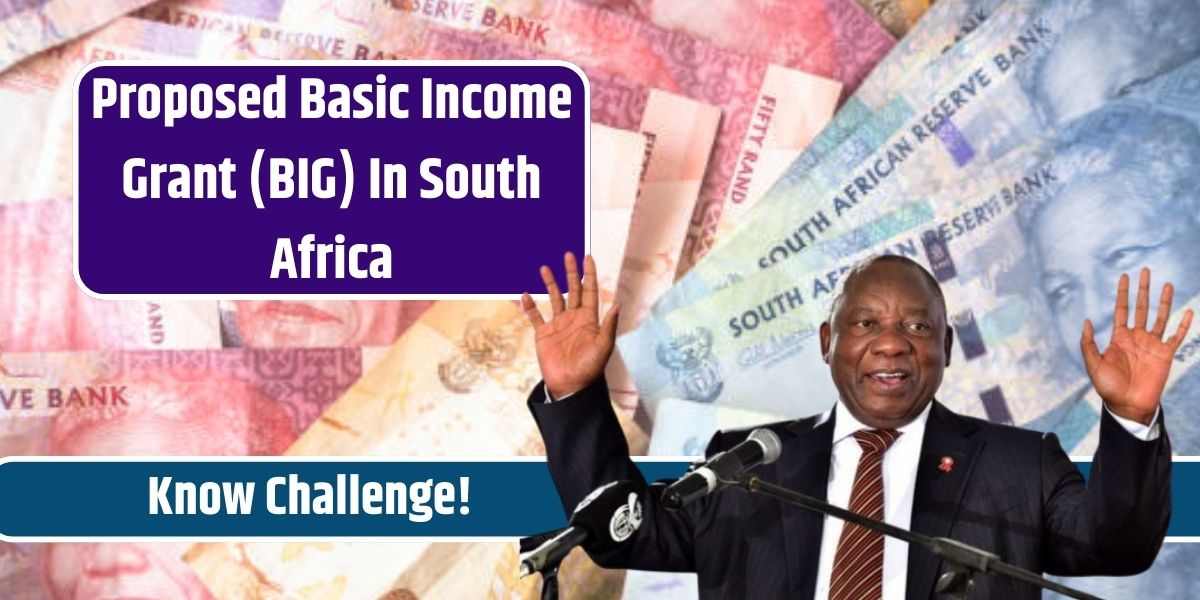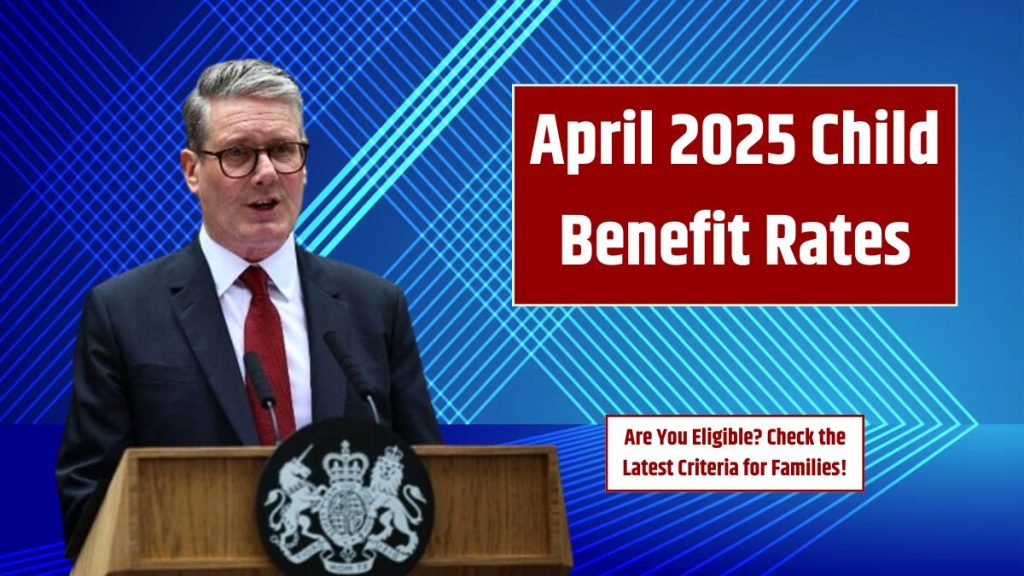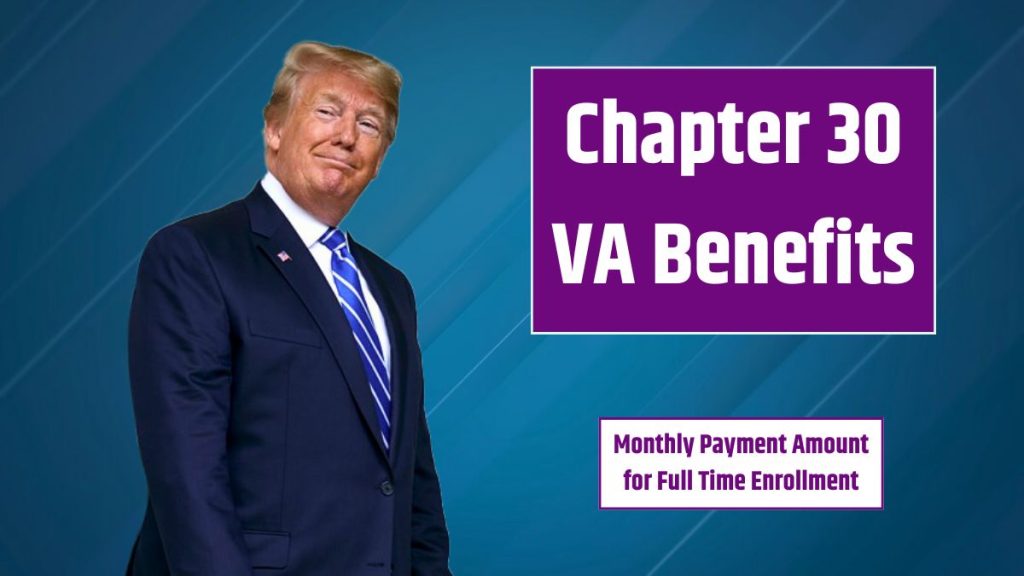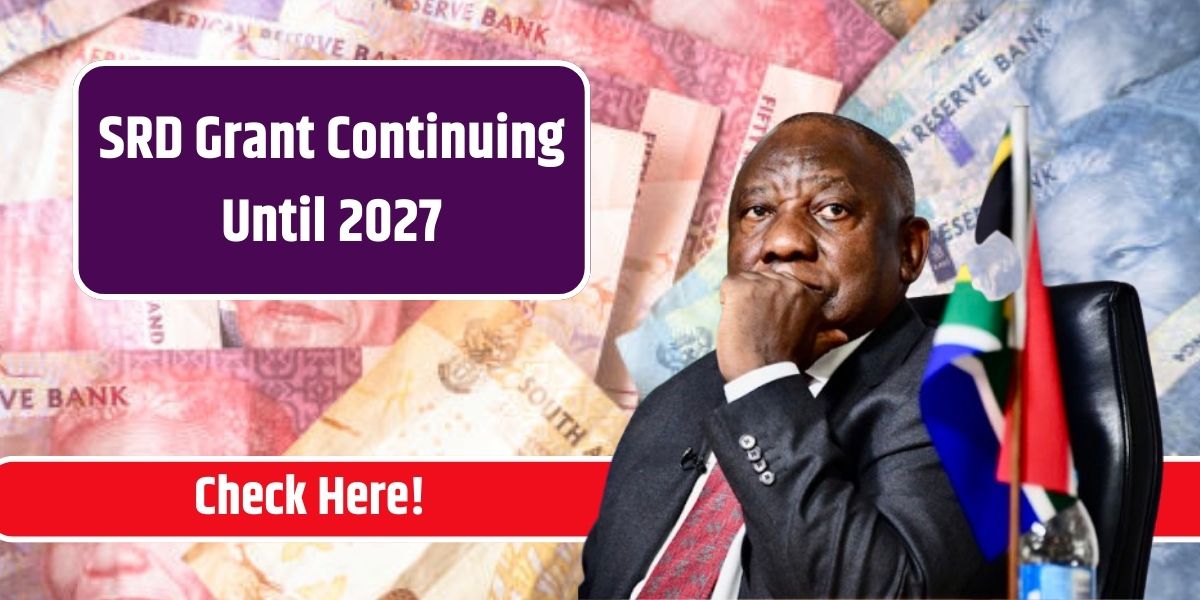The potential introduction of a Basic Income Grant (BIG) in South Africa by 2025 has ignited a national debate. While its implementation could alleviate poverty and stimulate economic growth, challenges such as inefficiencies within the South African Social Security Agency (SASSA) and fiscal constraints pose significant obstacles. This article explores the feasibility of BIG, its potential impact, and the hurdles standing in its way.
What Is a Basic Income Grant (BIG)?
A Basic Income Grant is a government-provided financial benefit distributed unconditionally to all citizens, regardless of employment status or income level. The key objectives of BIG include:
- Poverty Reduction: Providing financial stability to millions of struggling South Africans.
- Economic Growth: Boosting consumer spending and encouraging job creation.
- Social Stability: Reducing income inequality and promoting societal cohesion.
- Access to Essential Services: Enabling better access to healthcare, education, and basic needs.
Proposed BIG Structure
- Monthly Grant Amount: Civil society groups recommend R1,268 per month—nearly four times the current Social Relief of Distress (SRD) grant of R370.
- Beneficiaries: Estimated at 20 million individuals, a significant increase from the 13 million receiving SRD grants today.
Challenges Within SASSA
For BIG to be effectively implemented, SASSA must overcome deep-rooted inefficiencies that have plagued the social security system for years.
1. Operational Failures
- Long Queues: Beneficiaries frequently endure extended wait times at SASSA offices.
- Payment Delays: Particularly in rural areas, these delays exacerbate financial hardships.
2. Fraud and Cybersecurity Risks
- Data Vulnerability: Poor encryption exposes beneficiary data to cyber threats.
- Cybercrime: Over 300,000 identities have reportedly been compromised due to system weaknesses.
- Fraudulent Disbursements: Ongoing investigations into grant-related fraud have eroded public trust.
3. Leadership Instability
- Suspended CEO: Leadership turmoil has hindered SASSA’s ability to implement reforms.
- Financial Mismanagement: In 2024 alone, South Africa reportedly lost R3.3 billion due to grant-linked fraud.
Legal and Fiscal Hurdles
1. Legal Challenges
Advocacy groups argue that the current R370 SRD grant fails to uphold constitutional rights to dignity and equality, leading to legal battles demanding a more substantial safety net.
2. Fiscal Constraints
South Africa faces significant economic barriers in funding a large-scale BIG program:
- Small Tax Base: A shrinking number of taxpayers supports a growing unemployed population.
- Tax Evasion: Widespread non-compliance further reduces government revenue.
- Budget Trade-offs: Expanding social grants could divert funding from education, healthcare, and infrastructure.
SRD Grant vs. Proposed BIG
| Aspect | SRD Grant | Proposed BIG |
|---|---|---|
| Monthly Amount | R370 | R1,268 |
| Beneficiaries | ~13 million | ~20 million |
| Means Testing | Yes | No |
| Goal | Temporary relief | Poverty eradication |
| Implementation Feasibility | High | Low |
Reforming SASSA for BIG Implementation
For BIG to succeed, SASSA must undergo substantial reforms to address inefficiencies and enhance service delivery.
1. Strengthening Cybersecurity
- Implement robust encryption protocols to protect sensitive beneficiary data.
- Conduct frequent IT audits to identify and mitigate system vulnerabilities.
2. Enhancing Operational Efficiency
- Increase staff capacity and introduce mobile service units to reach rural areas.
- Streamline application processes through digital platforms to reduce bureaucratic delays.
3. Leadership and Governance Reforms
- Appoint experienced, transparent leaders to restore public confidence in SASSA.
- Establish independent oversight bodies to ensure accountability and efficiency.
Is BIG Realistic by 2025?
While BIG presents an opportunity for economic relief and social stability, several factors make its implementation unlikely by 2025.
Barriers to Implementation
- Systemic Challenges: SASSA’s inefficiencies and cybersecurity issues remain unresolved.
- Financial Constraints: Without substantial revenue growth, sustaining BIG is not feasible.
- Political Priorities: Competing demands for public funds may delay implementation.
Steps Toward BIG
- Strengthening Existing Social Grants: Reforms in SASSA’s operations could improve the current SRD grant system.
- Public Advocacy: Civil society must continue lobbying for comprehensive social welfare reforms.
- Revenue Mobilization: Addressing tax evasion and exploring new funding sources could make BIG more viable in the long term.
The Way Forward
A Basic Income Grant has the potential to reshape South Africa’s social welfare landscape, reduce poverty, and stimulate economic activity. However, significant hurdles—ranging from administrative inefficiencies to budgetary constraints—must be addressed before its successful implementation.
For BIG to become a reality:
- SASSA must modernize its systems to efficiently manage increased administrative demands.
- The government must secure sustainable funding without undermining other critical sectors.
- Public trust must be restored through transparent leadership and sound financial management.
While 2025 may not mark the dawn of BIG, the ongoing debate and policy discussions could pave the way for a more equitable future. For millions of South Africans, BIG represents more than financial aid—it is a step toward a society where dignity and economic stability are within reach.
What is the purpose of a Basic Income Grant (BIG)?
BIG aims to provide financial security to all citizens, reduce poverty, stimulate economic growth, and improve access to essential services.
How much is the proposed BIG amount in South Africa?
Civil groups recommend setting BIG at R1,268 per month, nearly four times the current R370 SRD grant.
What are the main challenges in implementing BIG?
The biggest obstacles include SASSA’s inefficiencies, cybersecurity vulnerabilities, financial constraints, and political considerations.










